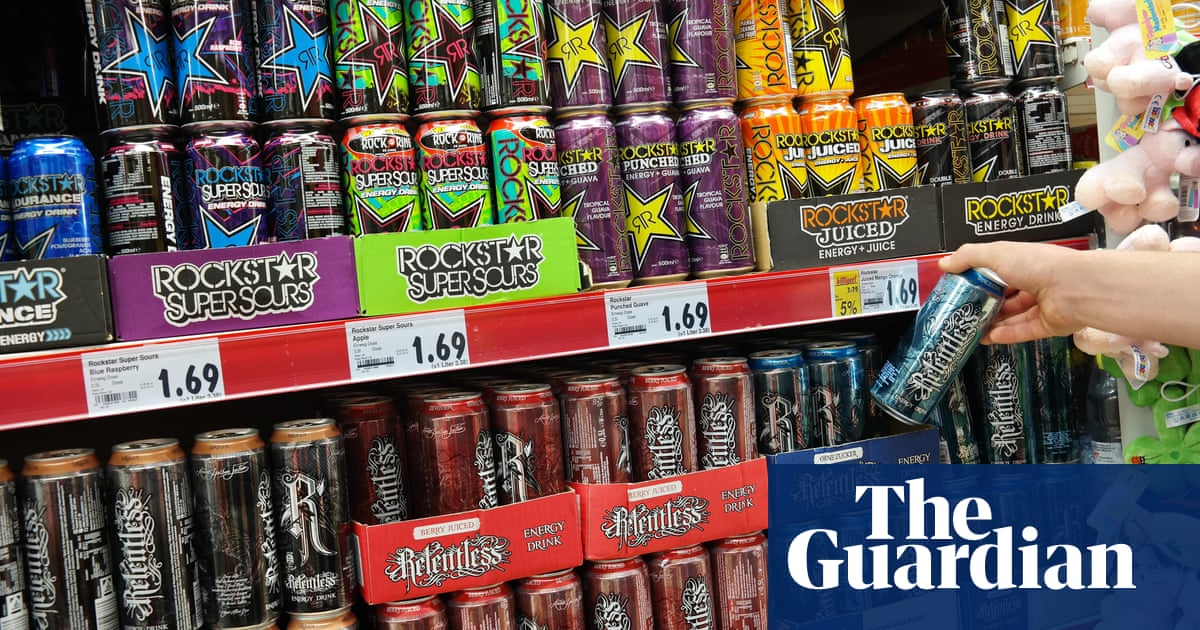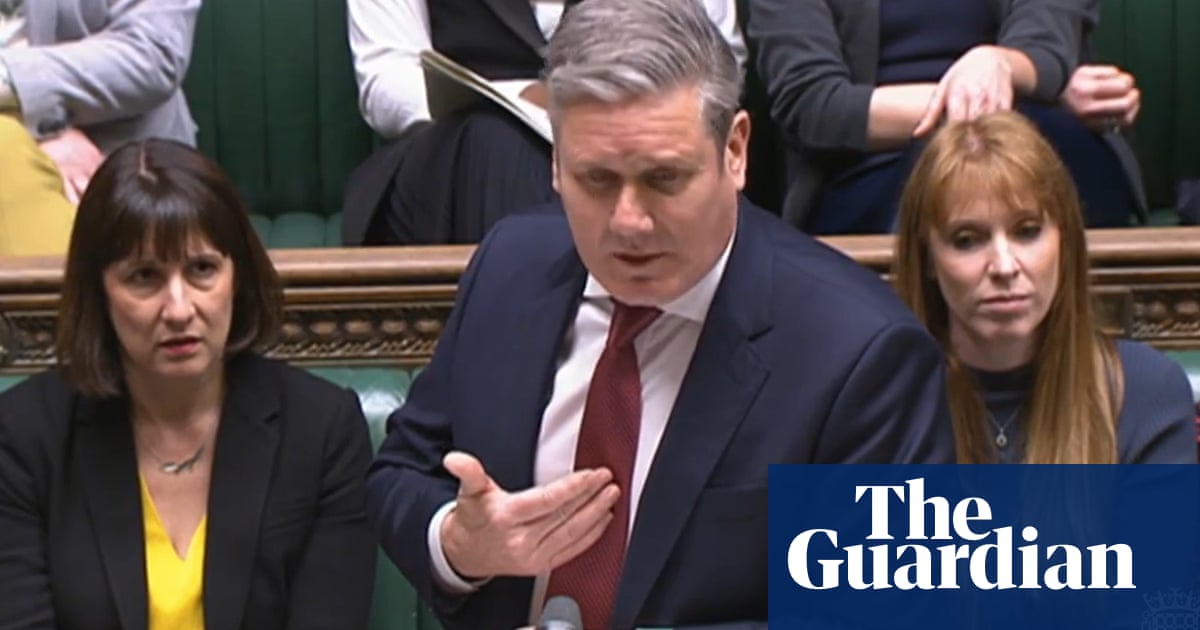
Keir Starmer has pledged to make spiking drinks a standalone offence as Labour seeks to bolster its “tough on crime” message.
The Labour leader said the offence was needed and thought the government was “wrong” to dismiss calls for the law to be introduced.
As part of a broader pledge to tackle violence against women and girls, he told ITV’s This Morning: “Drinks are spiked … usually of young women out and about and the spiking of the drink has an effect on them and is often a step towards sexual assault of some sort.
“And that has never been a specific offence, so what I’m saying today is an incoming Labour government would make it a specific offence. That would make it easier for people to come forward and report what’s happened and easier to prosecute but also raise awareness of what’s going on.”
The move comes amid an increasingly acrimonious – and personal – war of words between the prime minister and the Labour leader as both seek to portray the other as “soft on crime”.
Starmer has faced criticism for attack ads suggesting Sunak has let child sex offenders walk free while a mailout to Conservatives on Monday claimed Starmer had a “soft spot for criminals”.
Last year, campaigners who have called for a specific offence for spiking for many years told an inquiry by MPs that said drink- and drug-spiking had reached “epidemic” levels in the UK and was so common it can happen to anyone.
The Commons home affairs select committee was told that up to 15% of women and 7% of men had been spiked with alcohol or drugs.
Nearly 5,000 cases of needle and drink-spiking incidents were reported to police in England and Wales in the 12 months to September 2022, compared with 1,903 crimes that could be linked to spiking in 2019.
But the number of proven cases remains low. The Royal College of Emergency Medicine told the inquiry: “The academic literature that exists on spiking in the UK concludes that the majority of people who present to EDs [emergency departments] with concerns about spiking usually do not have illicit drugs in their blood or urine samples.”
Spiking is covered by several different offences, but campaigners and the Association of Police and Crime Commissioners have argued it would be better tackled as a specific offence. The government has previously said the move was “unnecessary”.
Dawn Dines, the CEO and founder of Stamp Out Spiking, said a new offence would “provide protection and hopefully some justice for past victims, but most importantly it will safeguard the public against the actions of the perpetrators”.












